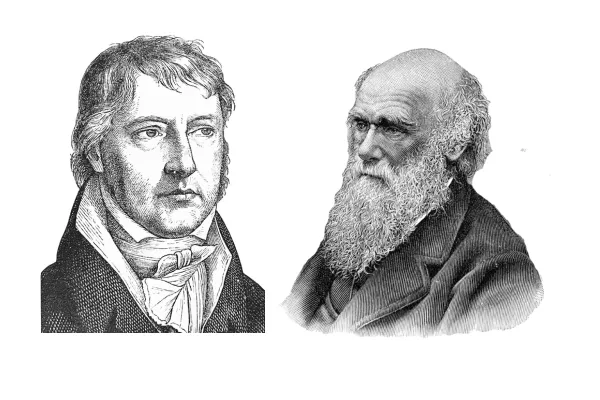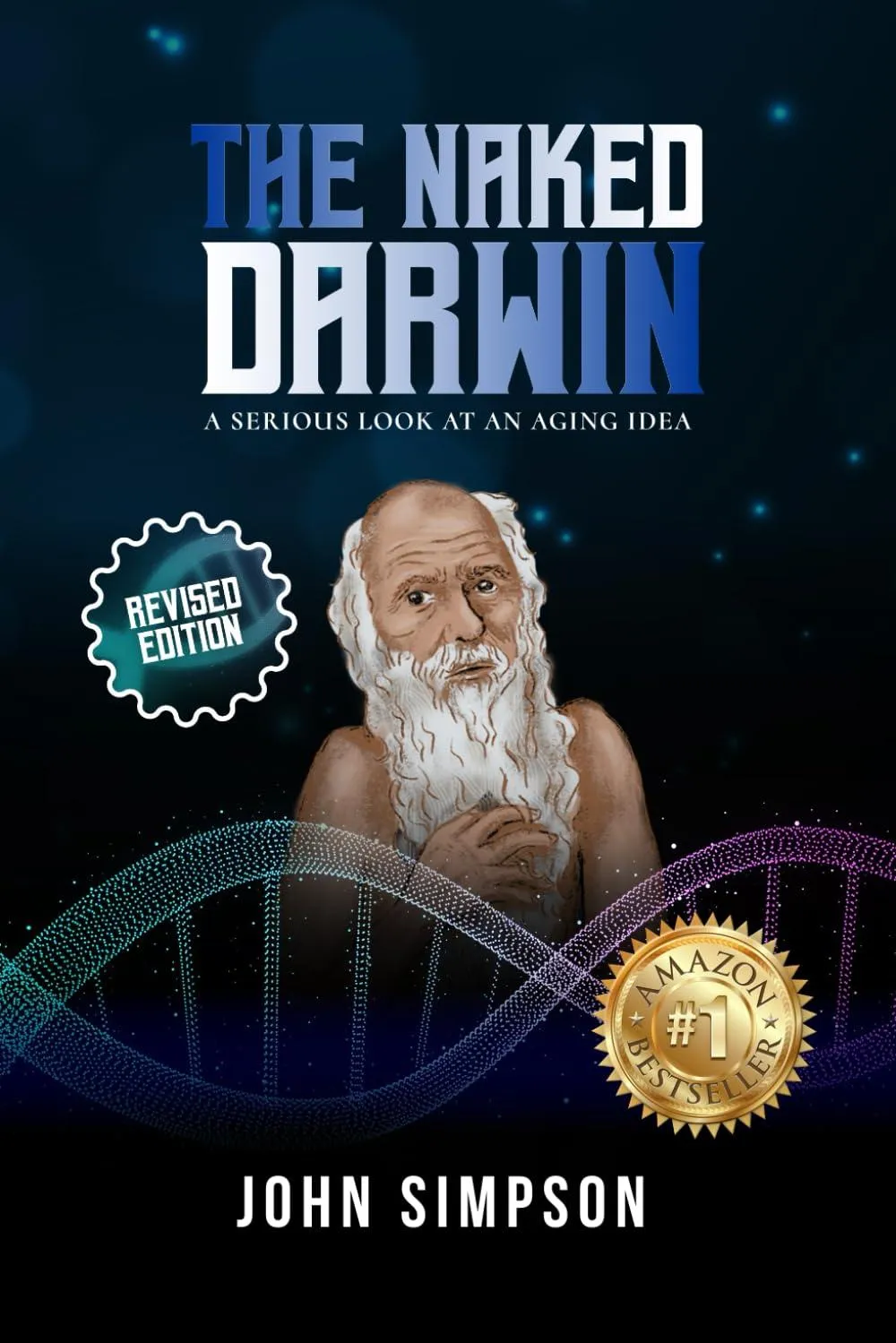
MALTHUS
Malthus Part 1
My first two posts focused on biology, microbiology and Darwin’s ignorance of what only advanced technology has made known. Darwin’s microscope could not reveal to him the astonishing complexity of the cell and other aspects of biology like molecular machines. It is our knowledge and understanding of that world that poses for Darwin, and Neo-Darwinian theory, hurdle upon hurdle. But with this post I would like to turn our attention to another way of seeing the problems of Darwin’s theory that were baked into the mix from the get- go. To start, this brings us to the man, the Rev Thomas Malthus (1766-1834), and his Essay on the Principles of Population.
Malthus published his essay in 1798. His was a bleak view of the future for humanity. The Industrial Revolution was underway in England when he wrote and one of the results of this revolution was an increase in population. Malthus believed that the population was increasing at a geometric rate while the supply of food was increasing at an arithmetic rate. He foresaw that as the population outstripped the food supply the result would be wars, famine and the destruction of a society. Well, we have had wars since 1798, but in general we have not been fighting over food. In short, Malthus was wrong at least for two reasons, 1) populations sometimes level off and sometimes decline, they are not always increasing and 2) and more importantly, technology has made it possible to produce more food, preserve food and transport food. For Malthus the only thing that was going to prevent the up-coming apocalypse was death. This guy really liked the idea of death especially the death of the poor and unfit. Death is good! It is good that disease and malnutrition are winnowing the population, (given his view of the supply of food), and of course these factors impact the poor and weak in greater numbers than the strong and well-off. (And as an aside, Charles Darwin was definitely in the class of the well-off, in fact the very very well-off). If we improve the health of too many people, and/or of the wrong kind of people, then with the increase in population, coupled with the dwindling food supply, we will doom society. So thank goodness we have disease, malnutrition, wars or whatever to be dealing death to our growing population. I told you this guy had a bleak view of the world!
Now what does all of this have to do with Darwin’s theory of evolution? It turns out that this poorly conceived social theory would jump start Darwin to write his The Origin of Species by Means of Natural Selection Or the Preservation of the Favoured Races in the Struggle for Life.
Malthus Part 2
Darwin had returned from his voyage on the Beagle convinced that the evolution of species was true. Species, he reasoned, were not locked in fixed categories (like you see them at the zoo!). Species, he was convinced, were plastic; ready to undergo transmutation to a different species. At the same time, he was stymied. How did this work itself out? Then in 1838 he read Malthus’s essay and in his own words had “a theory by which to work”. Malthus broke the log jam in Darwin’s thinking on how to explain his views on evolution. Thanks to Malthus, Darwin came to see death as a creative force (I know you may want to just ponder that for a moment), and he will transfer Malthus’s ideas on human population to biology and to animals. Note: the logjam in his thinking was not overcome by work in a lab or field work in nature, but by the essay of a social theorist.
The word habitat, when applied to nature, is an environment where animals and plants live together in balance. Barring drought or some other destructive force, the habitat functions as a healthy living space for all the life in that space. A habitat is a thing of beauty and wonder. Nature has a way of beautifully sustaining life in a reciprocal living space. Our man Darwin will not see nature in this way. Darwin will ignore this part of nature. Instead of seeing balance and mutual dependence, he will see rather a “warring of species”. In his view, a la Malthus, nature is not sustained in equilibrium, but species are simply in competition for scare resources, just as Malthus saw a society that would go to war over food. He takes a Malthusian cue and sees death as positive and creative. Death is eliminating the weak and allowing the strong to flourish. That the strong should flourish and not the weak is no stretch for the imagination. However, he also believes that as the strong survive they also evolve into different species because the strong are better at adapting. They pass on to their offspring these adaptions, and as creatures adapt to challenges in their environment these adaptions bring about new species.
As we ponder a healthy habitat we can wonder: where comes the pressure or necessity for a creature to change to another creature? Yes, we can see how natural selection could aid in an animal’s survival and improve its species, but change to another animal? How powerful must the environmental factors be to move a well-functioning animal in its habitat to become a different animal? What if there is no war going on in the habitat? What if that is simply a mistake to see the creatures at war with one another? Darwin brings this war to nature not from his careful study of the world around him, but from an essay on human population growth penned at the beginning of the Industrial Revolution. We are right to be skeptical. Darwin grasps at a malformed social theory on population growth as the Industrial Revolution is underway, and uses it as the theory by which he will work out his views on the evolution of life. When one learns about the origins of Darwin’s Origin, one sees that there are many non-biological factors that drove Darwin to write what he did. There is much more to say but it will come in future posts. But you don’t have to wait. You can get a copy of The Naked Darwin today by clicking on this link. Thanks for reading.


